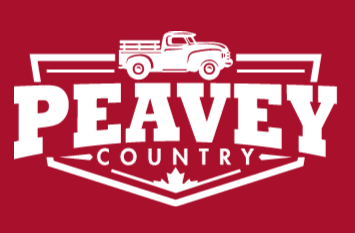KNOW HOW SERVICE DOGS ARE A LIFELINE
... MUCH MORE THAN A FRIEND
Story by Helen McMenamin
Developing a service dog is not quick or easy. "The dog gives autistic children an anchor," explains Elisa Irlam, a co-founder of Dogs with Wings (DWW), which operates specialized breeding and training programs. An adult controls the dog, but its harness has a tether attached to the child's waist and a handle. If the child lets go of the handle, the dog stops, and the child is held within reach of the parent by the tether.
"The dog is calming for the children," says Irlam. "Autistic kids don't show affection, but sometimes they do with the dog. The dog becomes their buddy - that's huge for them - and helps them meet others more easily. And taking their dog for a walk can give a sense of independence. It's an incredible relief for parents who have felt locked inside their own house."
Support dogs fetch and pick up things for people who don't have the mobility or balance to do that without a caregiver's help. One support dog saved her person's life when he dropped the dowel he uses to control his car in the running vehicle inside a closed garage. The dowel was jammed under his wheelchair, but the support dog scrabbled and scrabbled until she retrieved it and gave it to him as he was very close to losing consciousness from the carbon monoxide.
Support dogs turn on lights, open doors - even get a bottle of water from the fridge, close the fridge door, and bring it to their person. They don't need to call a caregiver to do that for them. It's dignity.
MAKING A SERVICE DOG
There's a lot involved in putting the right dog and person together. Dogs with Wings breeds their Labradors for service, and puppies spend their first year in foster homes where they're socialized and learn house manners.
"Our dogs have to be 'bomb-proof,' and not phased by any environment," says Irlam.
At a year old, dogs move to new foster homes for their higher education. Young dogs attend training sessions every day. Their raisers drop them off each morning, just like doggy daycare.
For the first week or so, trainers assess each dog's aptitude and decide on its career track. About 60 percent of DWW dogs go on to become certified service dogs, entitled to wear service dog vests. Dogs that can't meet this standard become skilled canine companions for people with a disability who can't put in the time to train and socialize them.
All the dogs receive professional training that includes specific skills for their future career. Besides support and autism dogs, Dogs with Wings trains facility dogs that work in schools for special needs children or in victim services to help people deal with trauma. Some become guide dogs, negotiating obstacles, indicating road crossings and finding stairs or elevators - one client refers to his guide dog as an extension of his left arm.
FUNDING
Volunteers are vital to Dogs with Wings' work, but a charity's cash outlay for a single dog can be around $40,000. Professional skills are needed for training, to match clients and dogs and to help clients train and socialize their dogs.
The demand for service dogs is great.
Rather than working directly with clients, the Canadian Foundation for Animal Assisted Support Services (CFAASS) is building resources and services for the whole fragmented animal support sector.
"It's the wild west out there," says Joanne Moss, cofounder and CEO of CFAAS, noting that this has resulted in less-than-scrupulous offers on the internet: dogs for sale, dog and trainer certificates, accreditation, but few standards. "People looking for support animals are vulnerable to exploitation. And, it's hard for philanthropists to donate their funds wisely."
CFAASS has recently worked with Veterans Affairs to develop standards for funding service dogs. The group has a speakers bureau, and is working to build a national funding system and a virtual gateway to help people understand and navigate the support animal sector. They're also working with Justice Canada on research to canine support in victim services.









